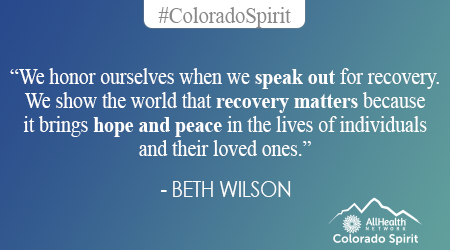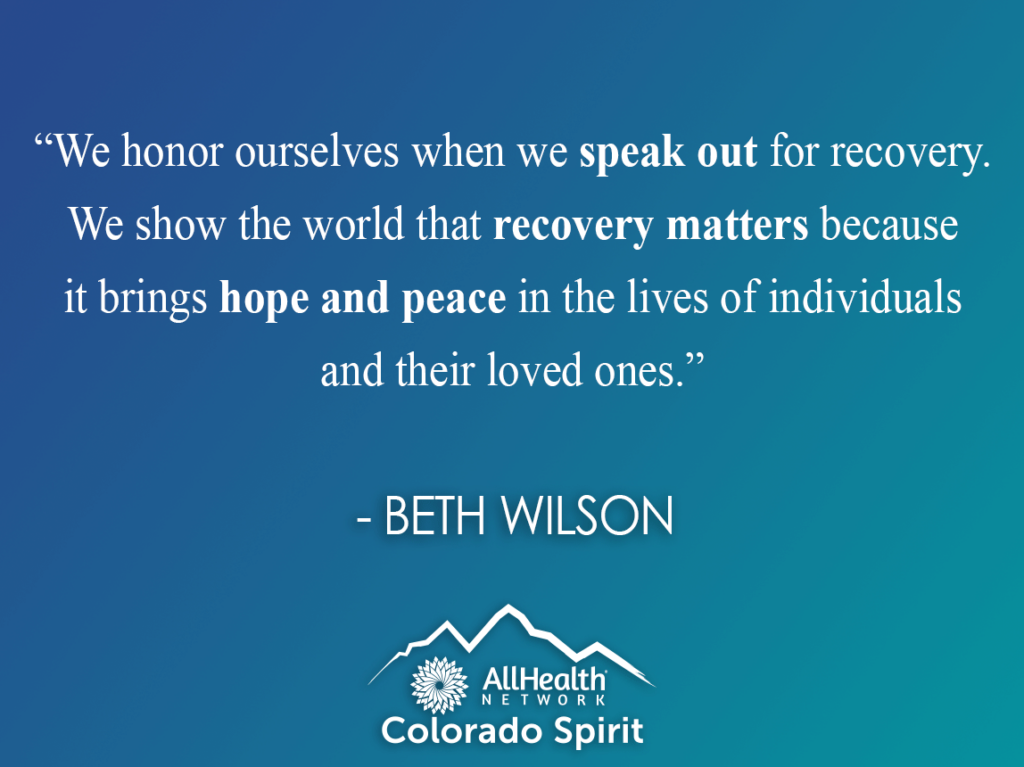September is National Recovery Month
As we take time to recognize the 31st year of National Recovery month and celebrate the gains made by those living in recovery, it feels important to say that recovery is still possible and accessible in a pandemic! We know that social isolation and stress can increase anyone’s susceptibility to substance misuse, addiction, and relapse. We also know that substance use in communities typically increases after disasters. We want you to know that if you or a loved one is struggling, you are not alone and starting recovery is possible each new day.
Recovery and the pandemic is a huge topic
First off, let us say that recovery and the pandemic is a huge topic. No one article could do it justice. Today, we want to focus on resources and tips for those who might be noticing changes in their substance use during the pandemic. Future posts will dive into support for those in recovery and how to support loved ones if you are concerned about their substance use during the pandemic.
Times of stress can lead to substance use
It can be very common for people to reach for substances during times of stress. Sometimes substances feel like they help with physical pain or that they can take the edge off high stress levels. In many ways it makes perfect sense. Mood-altering substances change our mood, and often pretty quickly. In times of high stress, all of us can relate to wanting to feel different. At the same time, we know that using substances to help us shift our moods can have many unintended consequences for our long-term mood, sleep, relationships, and health.
During times of high stress and disaster, we offer these general tips:
- Be mindful of changes in your use of alcohol and/or drugs or changes in your ability to control your use.
- Eat well, exercise, get enough sleep, and use your family and others for support.
- Engage in stress relief practices – mindfulness, breathing exercises, and guided imagery and meditation can help with emotion regulation.

- Be mindful of how you are using prescription and over-the-counter medications. If you feel like using larger amounts of either prescribed or over-the-counter medications, consult a healthcare professional.
- Talk with a healthcare professional about safe ways to reduce anxiety, depression, muscle tension, and sleep difficulties. As we have discussed in past posts, there are many non-medication techniques that can provide relief.
- If you find that you have greater difficulty controlling alcohol/substance use during the pandemic, seek support in doing so.
- If you believe you have a problem with substance abuse, talk to a healthcare professional. Many of us have experience helping people explore their use patterns.
Don’t forget to connect! Remember that physical distancing does not have to be social distancing. We have talked before about how connections with meaningful practices and people are essential for helping us manage depression and anxiety. These same connections are crucial when we are considering our substance use patterns. Connecting with your social support network, exploring online and virtual recovery and support options like these listed by SAMHSA, and learning how other people are coping are crucial. Check out this blog post about how Holly Jespersen, the Senior Communications Manager at Shatterproof is managing long-term recovery and life during the pandemic.
Would speaking to someone help?
To speak with someone in the Colorado Spirit Program about stress related to the pandemic, please call 720-707-6789 or visit our web page at www.allhealthnetwork.org/Colorado-Spirit
For information about other services at AllHealth Network or to get connected with ongoing behavioral health support, please call: 303-730-8858.
AllHealth Network is continuing to provide service via telehealth or by phone and our Crisis Walk-in Center remains open 24/7. To learn more about what other community mental health centers are doing, please visit The Colorado Behavioral Health Council COVID-19 website.
If you are experiencing a mental health crisis and are in need of immediate assistance, please call the Colorado Crisis Hotline at 1-844-493-TALK (8255) or text TALK to 38255


